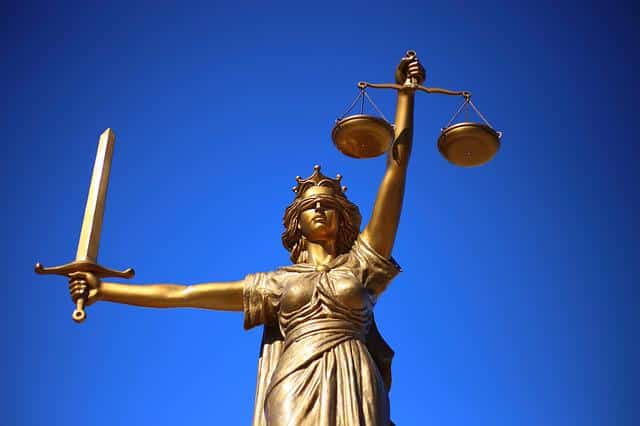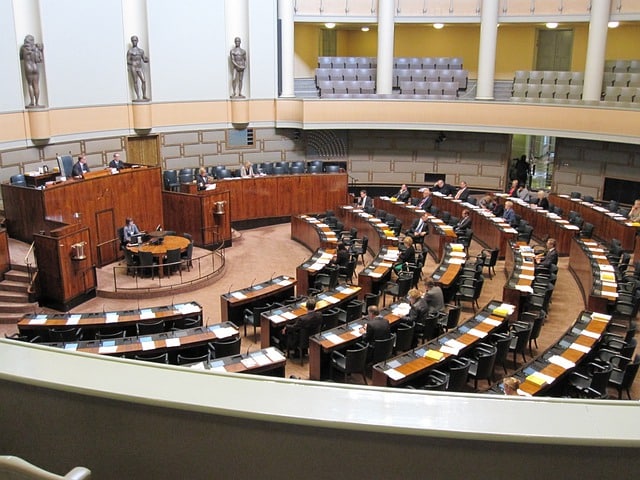
In a state of law, all people must submit to the laws .
The concept of the rule of law is made up of two components: the State (as a form of political organization) and law (as a set of rules that govern the functioning of a society ). In these cases, therefore, the power of the State is limited by law .
The rule of law arises in opposition to the absolutist state , where the king was above all citizens and could order and command without any other power to counterbalance him. The rule of law, on the other hand, assumes that power arises from the people, who elect their representatives to government .
With the development of the rule of law, the division of powers appears (the Legislative Branch , the Judicial Branch and the Executive Branch , three instances that, in the absolutist State, met in the figure of the king). In this way, the courts become autonomous with respect to the sovereign and the parliament appears to counteract the power of the ruler.
rule of law and democracy
The notion of democracy is another concept related to the rule of law, since it assumes that the people have power and exercise it through elections, when they choose their representatives.
In any case, it must be taken into account that democracy does not imply that there is a true rule of law. A leader can come to power through democratic means and then abolish the rule of law, as in the case of Adolf Hitler in Germany. There may also be governments that respect democratic functioning in certain issues but violate the rule of law in others.

The division of powers is one of the pillars of the rule of law.
Importance of the legal system
It is important to point out that in all territories there is some type of legal system but that this does not imply that a State of Law governs there, since for it to exist it is necessary that the political society is fully juridified and where the rules ensure that every citizen will be treated equally before justice .
It is important to mention that for a State of Law to be considered as such, it must comply with a series of standards , these are:
* The law must be the fundamental mandate : all citizens, even those who govern, must submit to the laws and be judged on equal terms and no exceptions will be made for any individual, no matter how high the position he or she holds. As the law is the daughter of the Legislative Branch and it is separated from the rest of the powers of the State , compliance with the rules could be more possible.
* All rights and freedoms must be guaranteed : it is the responsibility of the State that the law is complied with and that it ensures the freedom of all individuals who live under its guardianship ; The maximum rule of the State is to guarantee this principle.
* The Administration must be limited by law : the directors of the State belong to two different bodies: the Government and the Administration, this is a non-political element and is made up of officials, and, like the Government, It is limited to the laws that govern the territory .
When the rule of law is at risk
In recent decades we have seen how the term democracy has been manipulated and brought to ruin in the hands of inept characters, which has resulted in many citizens, from different countries, feeling disappointed by politics and coming to feel that they were living in a territory governed by dictators.
This way of thinking, so current and so disastrous for politics, has shaken the foundations of the Rule of Law and forces us to urgently seek alternatives to regain the trust of the people in their representatives and the formation of an egalitarian and politically responsible society.
